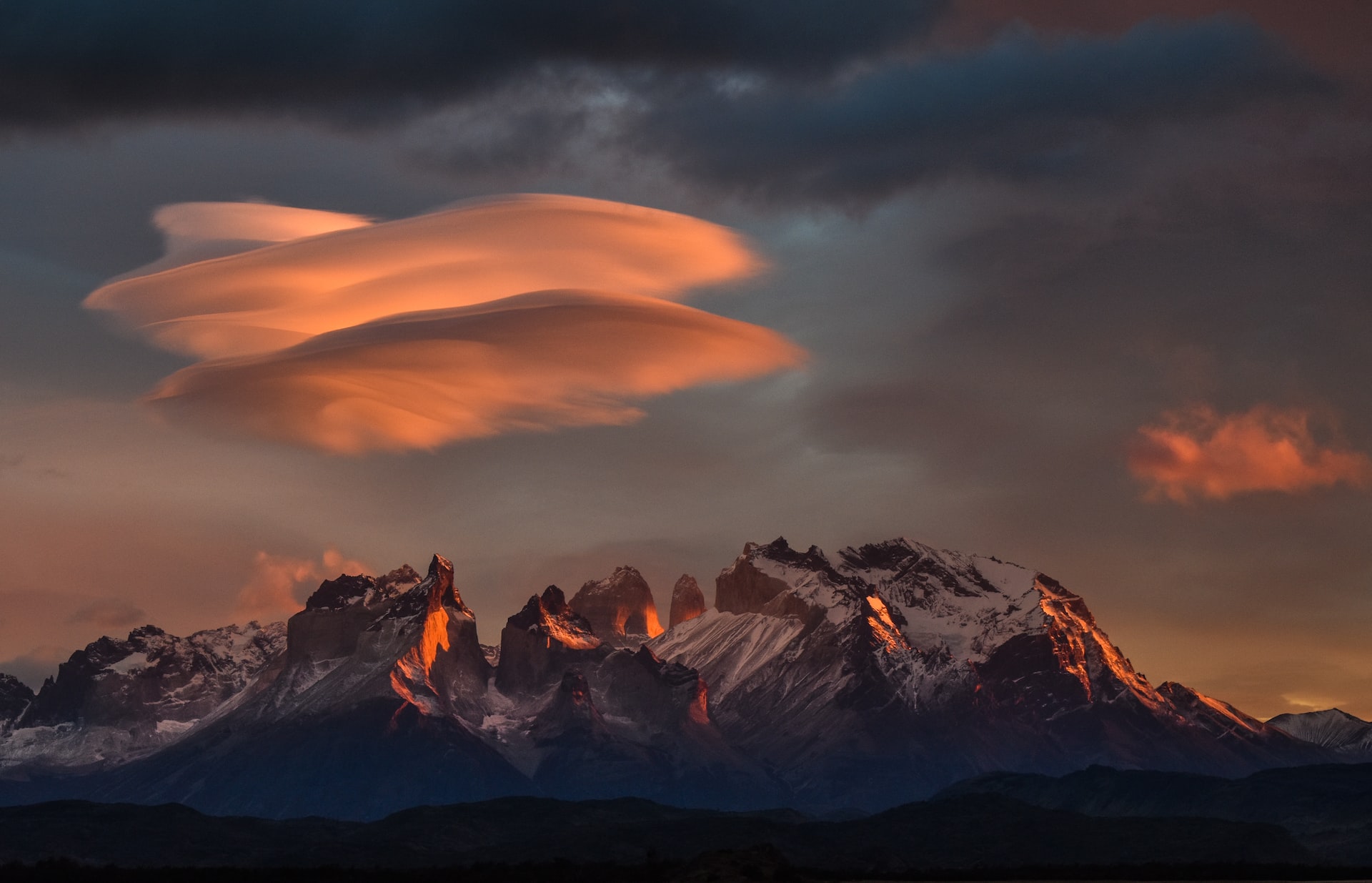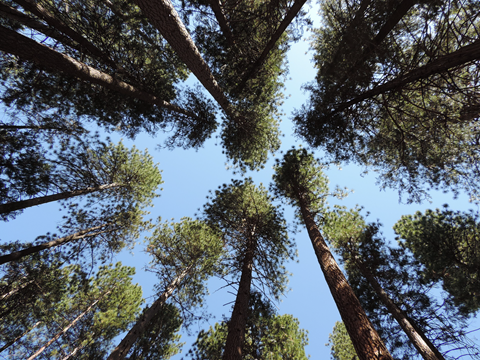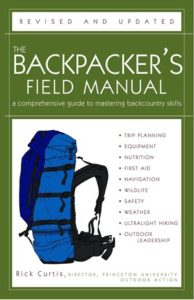Text of a talk given at Earlham College, Sept. 1st, 2010 for a convocation on an interdisciplinary approach to Climate Change.
INTRODUCTION
In the few minutes I have, I’d like to speak a bit about the role education plays in the climate change debate. I am concerned here both with how our current models of schooling in the U.S. but in many other parts of the world, too, have contributed to our current situation and what role education might play, in the words of Maxine Greene, imagining things otherwise. It has been almost five years since Al Gore released his popular and controversial documentary An Inconvenient Truth. As I mentioned in the introductory remarks, both nationally and internationally, we seem to have gone backward from that watershed moment. We seem less concerned, less focused, and less politically determined to tackle the environmental challenges before us in relation to climate change. But how or why is this an educational problem? Indeed, if you have seen An Inconvenient Truth, you may have noticed that not once did Al Gore invoke our educational system (either K-12 or Higher Education) as either part of the problem or as a potential ally in generating solutions. This is curious to me. It is as if the sum total of 16 years of institutional socialization, of schooling on a massive scale, the values imparted, the knowledge, skills, and abilities gained—these have no bearing, no impact, on our associations with the natural world.
INCONVENIENT EDUCATION
So, to borrow from Al Gore, I would like to argue in the next few minutes for what I would call an “Inconvenient Education.” Just as Gore titled his movie an “Inconvenient Truth” to suggest that there is something about this truth we do not wish to hear, I have titled this talk an “Inconvenient Education” to argue that the way forward in terms of sustainability and education is likewise “inconvenient.” When we are “inconvenienced” we are interrupted. Our normal patterns of thinking and behaving are halted. Things cease being easy and comfortable. So what might an inconvenient education entail?
PURPOSE OF SCHOOL
First, we ought to step back and re-consider the purposes of school. David Orr, in his provocative essay, “What is Education For?” argues that it is not education per se, but education of a certain kind, that will save us. He notes, in that essay, that the architects of the final solution in Germany, the administrators of Auschwitz and Buchenwald, were products of perhaps the finest educational system in the world at that time. These were well-educated men. And yet they were capable of atrocities that are difficult to imagine and understand. Clearly, their schooling failed them. But to Orr “this is not an argument for ignorance but rather a statement that the worth of education must be now measured against the standards of decency and human survival.” With species extinction rates nearly 100 times the background rate, the health of our oceans and freshwater systems in drastic decline, and a warming planet that not many in the U.S. seem to care about, how can we not ask hard questions about what schooling is for? When we look at the health of our people, our forests, our rivers, and the web of life all around us, I wonder, has our education failed us too? What we are now measuring the worth of our education against?
While we obsess over test scores, accountability metrics, and “seat time,” our children are spending more time in front of screens of various sorts and less time outside. The average American boy or girl spends just four to seven minutes in unstructured outdoor play each day, and more than seven hours each day in front of an electronic screen. Richard Louv coined the term “Nature Deficit Disorder” to describe the impact this has had on the minds, bodies, and spirits of American children. A University of Michigan study, for example, found that between 1981-1997, children’s unstructured outdoor activities fell by 50%. Surely classroom learning is necessary, but it is not sufficient. It is clear to me that we cannot care for something we do not understand, and we cannot understand something that we do not meaningfully interact with. Rachel Carson knew this well. In her essay, “A Sense of Wonder” she writes: “what is the value of preserving and strengthening this sense of awe and wonder, this recognition of something beyond the boundaries of human existence? Is the exploration of the natural world just a pleasant way to pass the golden hours of childhood or is there something deeper? I am sure there is something much deeper, something lasting and significant.” What is education for? A job? Preparation? For what? To what end? It is inconvenient to ask these sorts of questions but if we are to take the present and future challenges of climate change seriously, these are the kinds of questions we must address.
KNOWLEDGE OF MOST WORTH
In addition to questioning what an education is for, another element of an inconvenient education involves questioning what knowledge is of the most worth. This includes both what we are teaching and how we are teaching it. Aldo Leopold recognized this in the 1930’s when he took note of the fact that many in his day viewed the ecological damage wrought by poor farming practices as the result of a lack of education. But Leopold was not so sure of this. He said: “the usual answer to this dilemma is ‘more conservation education.’ No one will debate this, but is it certain that only the volume of education needs stepping up? Is something lacking in the content as well?” In my foundations of education class, for example, I give students a pop-quiz on local knowledge. I ask, for example, if they can name three birds that migrate through this area in the Fall. Or, which vegetables you can safely plant before May 1st in this area. I ask them to name the reservoir in town where we get our drinking water and the name of the river our Whitewater river eventually flows into. In a class of 55 students, every single student fails. And yet, 100 years ago, an 8 year old would likely get 100%. Perhaps this is not a problem. Many of Earlham students are not from Richmond, the Midwest, or even the U.S. But what does it say about what we value here at Earlham, educationally, when we don’t ask all students to engage with the natural and human history of this place? Author Russell Scott Sanders argues that colleges and universities ought to be assessed as to how many of their graduates stay in the community upon graduation—a homecoming major so to speak. Perhaps this goes too far, but it ought to force us to consider what knowledge really is of the most worth when we consider appropriate responses to climate change? Good people will disagree here: some may wish to emphasize so-called STEM coursework (science, technology, engineering and math) so we can prepare students for the needed technological breakthroughs and work to both reduce our ecological footprint and meet rising population and resource demands. Others might argue for more work on ethics and critical media literacy as a way to respond to the mass-consumerism and individualism that seems ever present in the United States and in other parts of the developed world. Still others may argue for a more place-based, experiential, and community-oriented approach that gives students a sense of agency and active citizenship. Of course, these knowledge domains are not isolated, but rather they interact and are interconnected and interdependent. If that is true, then perhaps what is most important is to teach a “systems thinking” orientation which aims to understand not just the isolated parts but the ways in which the parts come together to form nested and networked wholes.
In addition to what we teach then, an Inconvenient Education would ask us to reconsider how we teach. Are students learning how different subjects and disciplines are connected and interrelated? Are they also asked to work through and experience the consequences of knowledge enacted through projects that are collaborative, relevant and practical? Are they learning systems and holistic thinking and not just broken down and disjointed parts? Environmental Historian Donald Worster, for example, in an essay entitled “Thinking Like A River,” argues that to truly understand our agricultural relation to water we must learn to think differently. This new kind of thinking, he argues, “requires more than technique: [it is] a way of perceiving, a set of mental images, an ethic controlling agricultural policy and practice. It demands, as I have said before, learning to think like a river.” What would schooling look like if the aim was to have everyone thinking like a river?
BEGINNING THE CONVERSATION
The issue, at this point, is not which of these curricular visions is the right one, it’s the fact that we have not yet even begun the conversation. We simply have not considered education as part of the problem and part of possible solutions moving forward. I would ask all of us this simple question: if climate change is as serious as many believe it is, is our current educational response adequate? If the full brunt of the challenges of climate change are truly upon us, how would we educate differently?
INFORMAL CURRICULUM
One final point I would like to make about this inconvenient education—it does not stop at the classroom door. It is important to note that there is another domain to be considered– the informal curriculum or what some have called the “public pedagogy of the everyday.” What does it communicate, at a place like Earlham for example, when our classroom walls are devoid of color, when the hallways are lined with fake plants, when we don’t know where the food we eat at Saga comes from, and the windows must be opened in winter because we cannot regulate the heat properly? Everything speaks and everything teaches. A truly inconvenient education would constantly pit our values against our actions—noting the areas of incongruence and involving the community in imagining solutions.
CONCLUSION
Chuck Yates once said that the goal of Earlham is simple: we wish to make students comfortable with being uncomfortable. I wonder, are we uncomfortable yet in regards to our individual and collective responsibility to climate change? Do we have the sort of Inconvenient Education we need to challenge us, provoke us, to imagine things otherwise? Can our education give us the will to go about enacting that future in both big and small ways? I think so. But only if we begin to realize the impact education and schooling has on our relation to the health and well-being of this planet. Thank you.


